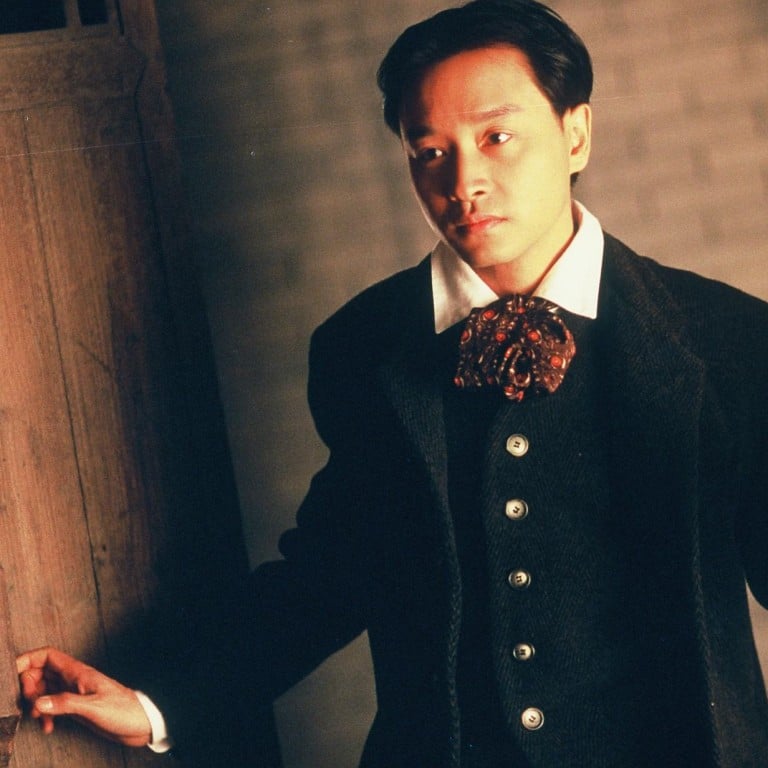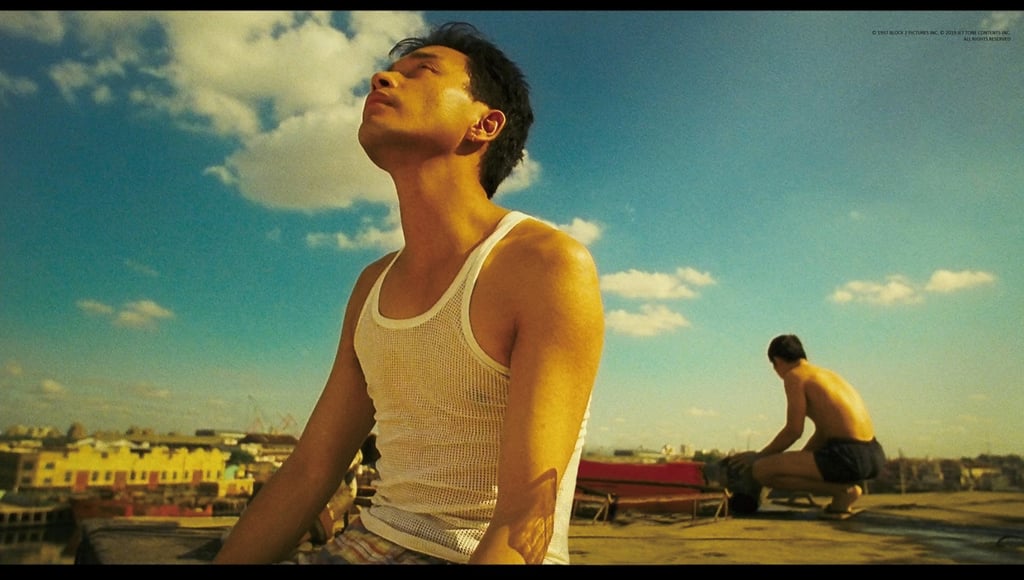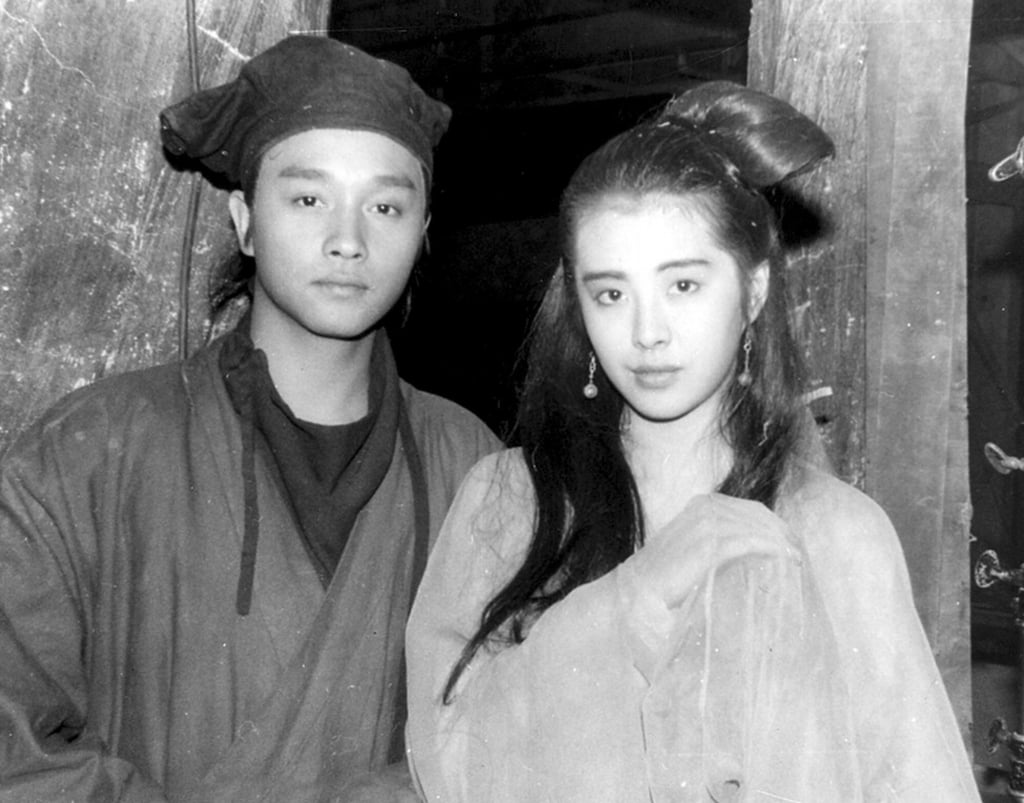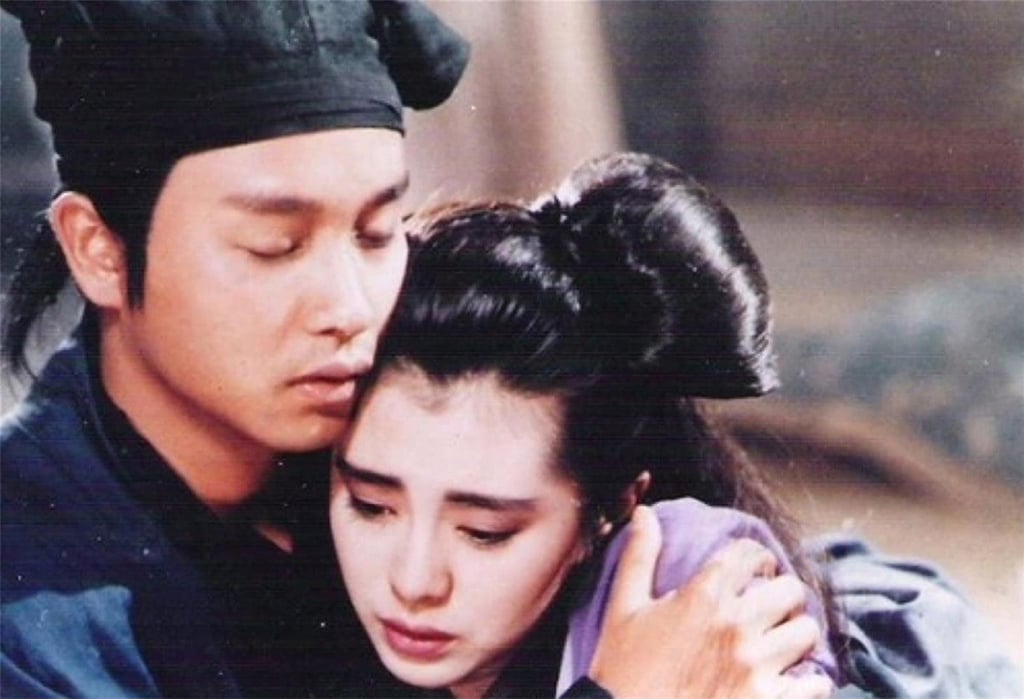Opinion / The rise and fall of Leslie Cheung – the King of Cantopop’s story will forever bookend Hong Kong’s glory days

- The star of A Better Tomorrow and Days of Being Wild rose to prominence alongside Anita Mui, Jacky Cheung and Andy Lau in the golden age of Canto-pop
- His role in Farewell My Concubine changed the West’s view of Chinese-language cinema and remains one of three Hong Kong films to ever be nominated for an Oscar

To fully understand Cheung’s importance to Hong Kong, one has to go back to the start. When he was born in 1956, Hong Kong was not the last jewel of the British Empire that it was to become. In those days, Singapore remained a British colony and it was that city of Chinese immigrants that had always been the linchpin of Britain’s empire in East Asia. The Japanese occupation of Hong Kong in 1941 was a disappointment for Britain but it was the fall of Singapore months later that Winston Churchill referred to as “the worst disaster and largest capitulation in British history”.

Hong Kong then was of little importance. Cheung too emerged from a modest background. His father was a tailor and although Cheung Wut-hoi could boast of having made suits for the likes of Alfred Hitchcock and Marlon Brando, his son’s relatively ordinary upbringing would bolster his future appeal.
Hong Kong’s colonial ties were strong in those days and, mirroring them, Cheung would be sent to study in Britain when he was 12 years old. He attended Norwich School in Norfolk, where he not only made friends, but also suffered racial discrimination. It was here he both confirmed his choice of English name, Leslie, and started amateur singing.

After passing the necessary exams, Cheung spent a year studying textile management at the University of Leeds before returning to a Hong Kong that was moving swiftly to a place of prominence in the world. The days of cheap “Made in Hong Kong” goods were rapidly disappearing, and a reform-minded colonial administration, keen to remedy the discontent that sparked riots in 1967, was laying the foundations for the territory’s future prosperity.
It was amid this atmosphere that Leslie Cheung and Hong Kong would make their mark. After finishing runner-up in RTV’s 1977 Asian Singing Contest, Cheung signed for Polydor Records. However, Cheung was booed offstage in his first public performance and his first three albums led to such disappointing sales that Polydor dropped him.